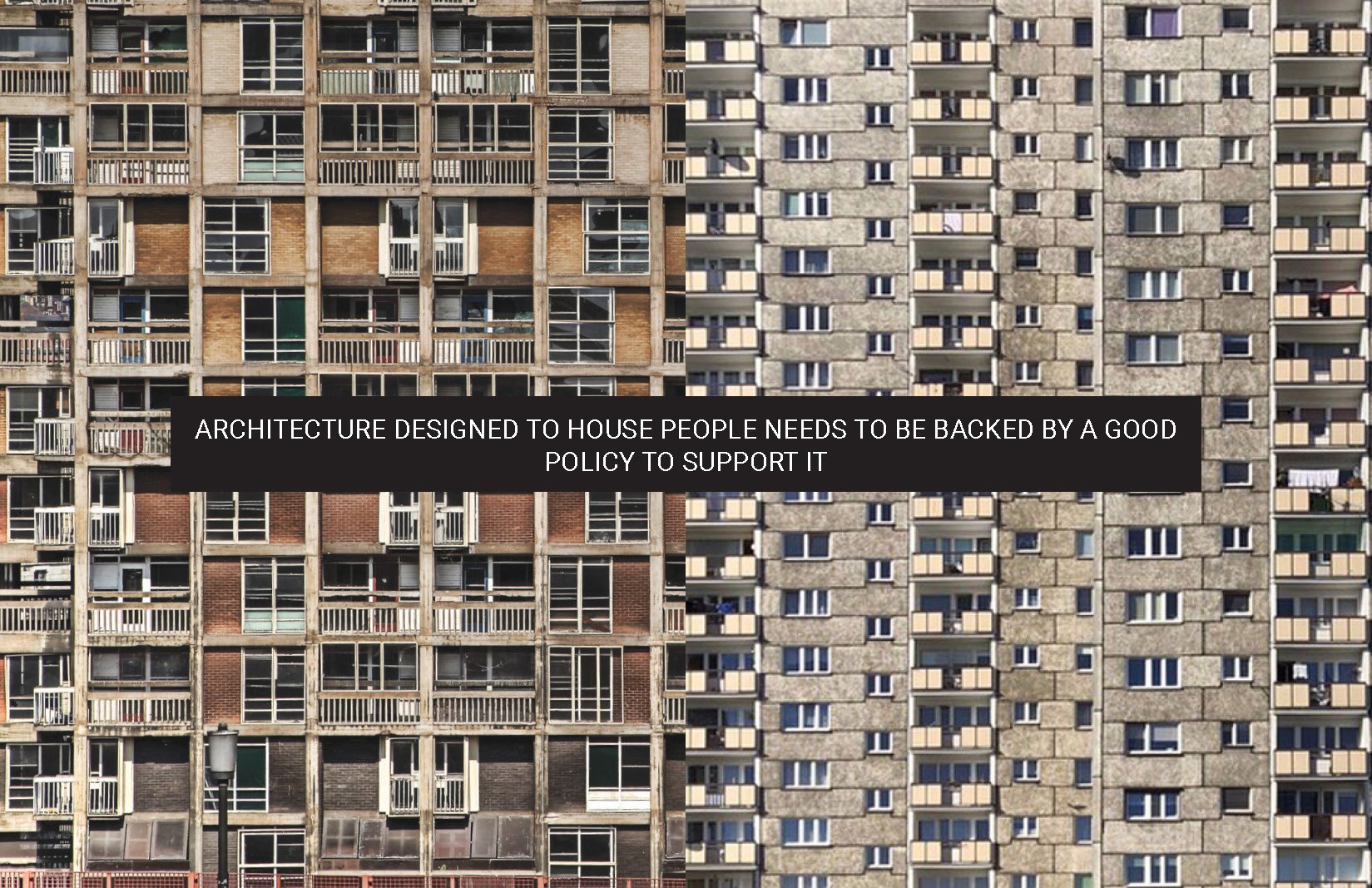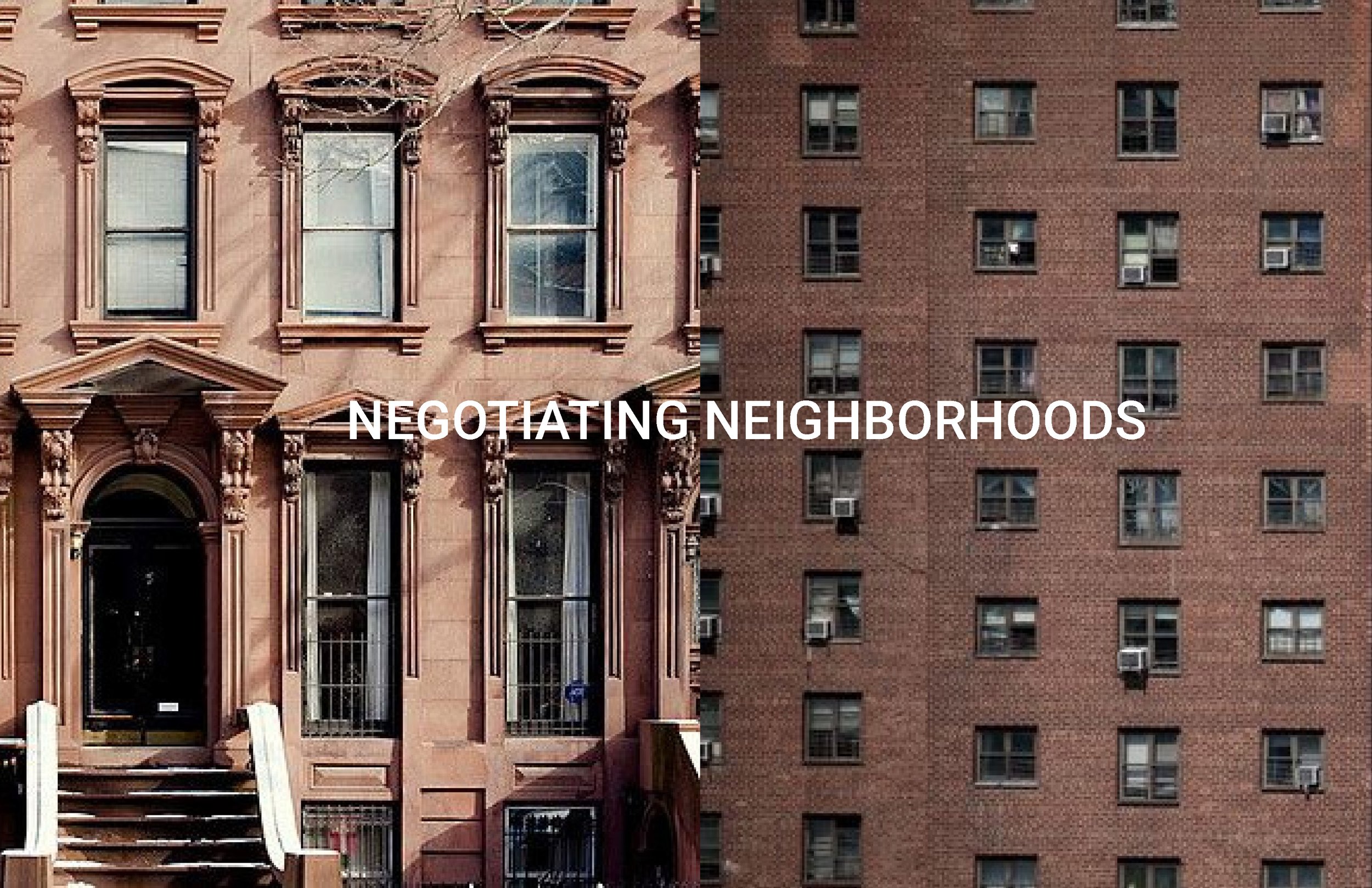New Jersey Institute of Technology, Option Studio - Architecture and Crisis







Option Studio at New Jersey Institute of Technology, Adjunct Professor
What is the role of architecture in today’s crisis?
This semester students will develop a proposal in response to the crises intertwined with the built environment - Health, Climate, Housing, and Social Well-being. Students will research how architecture has been responding to a specific crisis, through lenses of History, Theory, Typology, Policy, and Influence. Students have an opportunity to develop their own methodological approaches. Projects capture conceptual and architectural solutions, based on supportive research, reflecting investigations into Social, Cultural, Psychological, Environmental as well as other facets of influence.
We are living in a strange time. As of May 2020, the outbreak of COVID-19 is something all of us will have to manage for a while. It is a Public Health issue which amplifies Social, Cultural, Political, and Economic problems in the society. Many of these issues have reached a crisis point and the situation is dire than ever. There are many unknows, however, this is not the first time the world has faced the global ‘war’. The previous wars have critically shaped the course of architecture and design at large. The premise of studio is to present an opportunity to identify the issue, origins of the crisis, and respond. As we look from the past to the future, students will conduct parallel research on the crisis of their focus and postwar architecture movements. This research will also establish exploratory strategies for design, concept, aesthetics, and semantics. The wars in the 20th century employed every aspect of architectural expertise. Along with accelerating significant innovation and advances in technology, production, and thinking. Students will critique the history of resilience and impact in the design during the wartime by taking a critical position.
Design strategies should provide contextual and unique spatial solutions for the issue at a building scale. The intervention strategies require a new approach grounded in lessons from the past and an ability to speculate. Students will propose the site, program, architectural and conceptual solutions specific to the crisis. Suggested building typologies are industrial buildings (warehouse and workshops), healthcare, housing, and urban infrastructure, yet not limited to.
The studio is a call to action. Most architects deeply care about the problems related to the built environment, also, believe that architecture has a social responsibility. One’s action may not perfect the world, however, architecture has the power to address issues and make changes. The studio asks students to be more ambitious and how we can respond to the crises to change the course. Difficult times can lead to extraordinary breakthroughs, innovative concepts, and design.